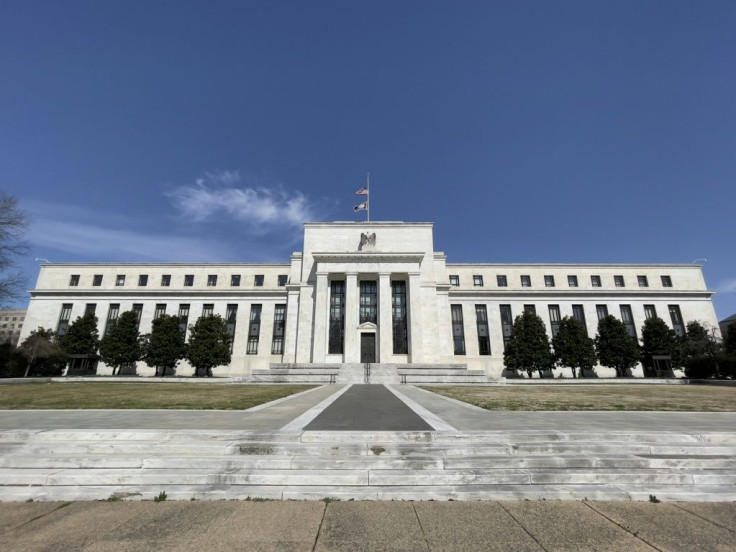'Substantial Slowdown' Looms Over US Economy Next Year, Goldman Chief Economist Warns
KEY POINTS
- Jan Hatzius forecasts sticky inflation and supply chain bottlenecks dragging the economy well into 2022
- Says pent-up demand will taper down next year
- He disagrees with the consensus view of stagflation, pointing instead to cyclical deceleration
In recent weeks, many economists have predicted of a looming economic slowdown in 2022. Joining the ranks of these is the Chief Economist at Goldman Sachs, Jan Hatzius, who told Yahoo Finance Live that a substantial slowdown awaits the U.S. economy next year.
Hatzius ranked sticky inflation and supply chain bottlenecks as the most important factors that would tip the economy into a protracted slowdown. Indeed, Hatzius and his colleagues at Goldman have revised their U.S. third quarter GDP growth estimates to 3.35%, whereas the consensus view pegs the growth at 3.9%.
It is a fact that supply chain bottlenecks are a drag on the economy and as reported earlier, the United States is in the midst of a 'shipping Armageddon,' with clogged ports and delayed deliveries of goods threatening to disrupt in the traditionally busy holiday shopping season. Hatzius added that the predicted slowdown is cyclical in nature, where consumers decelerate their spending, leading to dip in demand. His contention is that pent-up demand, due to the pandemic having restricted consumption, would taper down in 2022, although the current data indicates that it is yet to happen. Hatzius is right on this count as the September retail sales posted a surprise 0.7% increase, helped by surging demand for a broad category of goods.
Moreover, the Federal Reserve has hinted at tapered bond purchases and rate hikes in the coming months, the effects of which on the economy would be felt in 2022. The 'double whammy' here is the combined effect of inflation and high interest rates, which can very well lead to stagflation. However, Hatzius has disagreed with this assessment, or 'populist thinking,' saying it will be a decelerating economy, much like a cyclical slowdown, which he predicted would persist until at least late 2022, and maybe into 2023 as well.
An economist who is closely watched by Wall Street, Hatzius is respected across the financial world and it is worth the effort to pay attention to his prediction for the course of the U.S. economy.

© Copyright IBTimes 2024. All rights reserved.





















